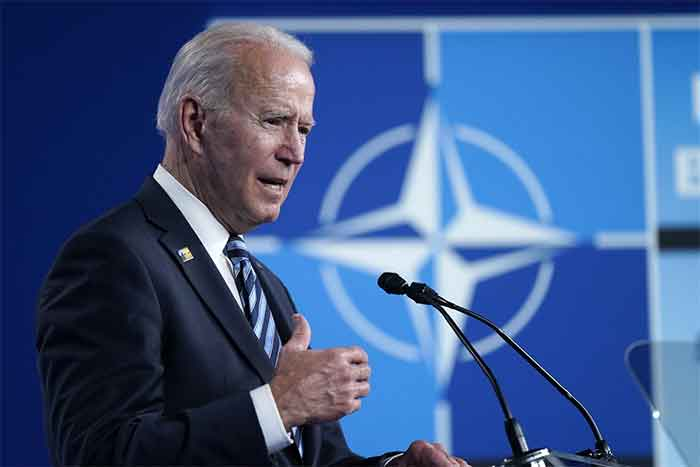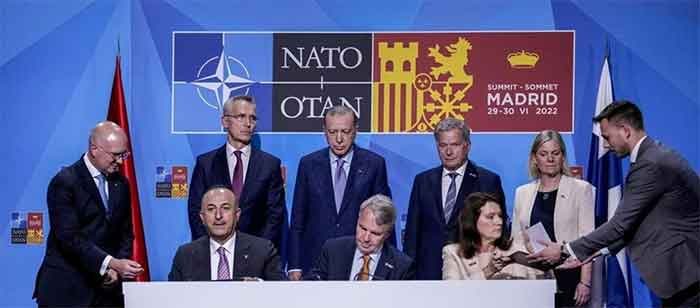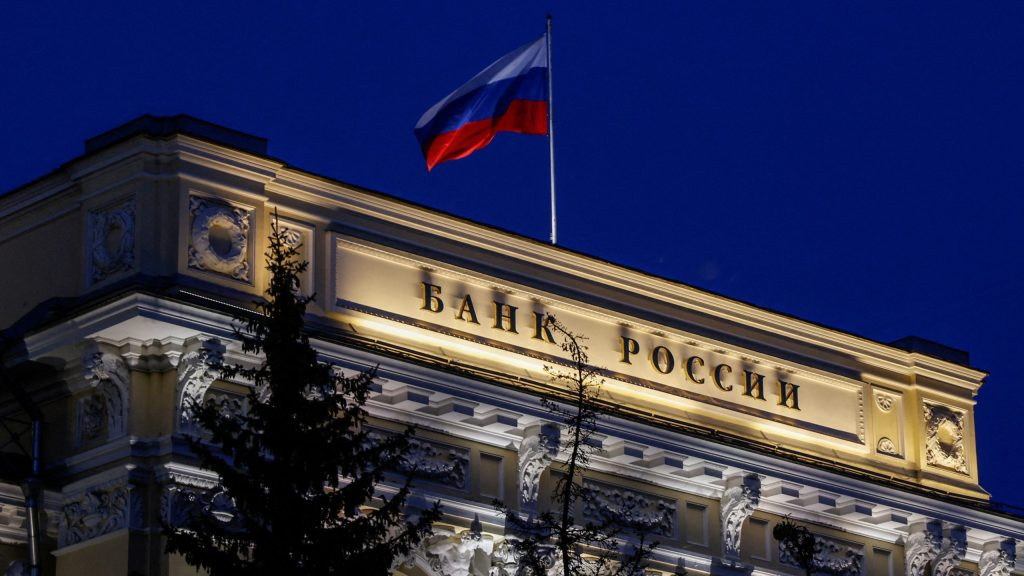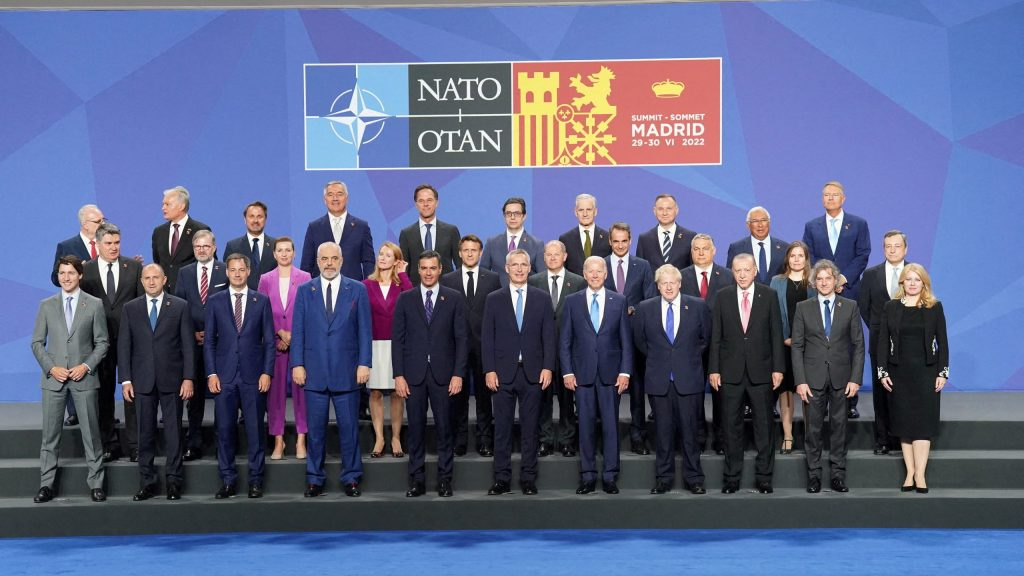The Hollow Order
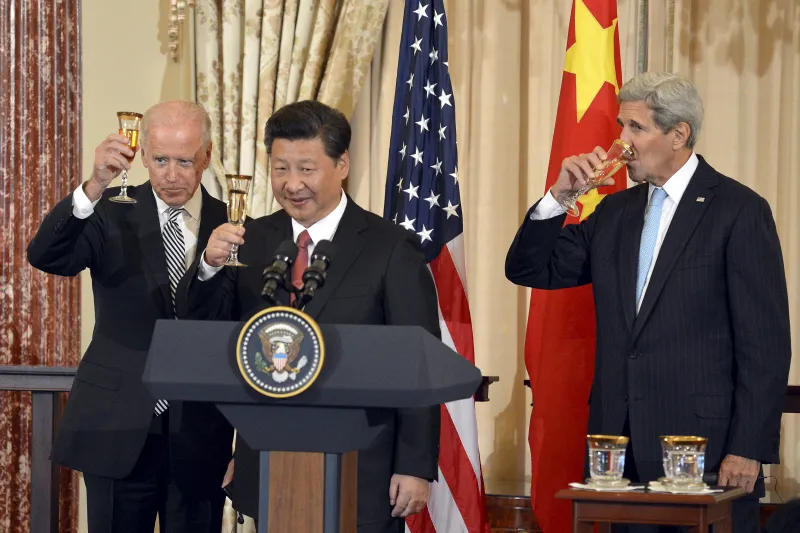
Rebuilding an International System That Works
There they were, meeting in Beijing on February 4: Chinese President Xi Jinping and Russian President Vladimir Putin. Shortly before the start of the 2022 Winter Olympics, the two leaders released a remarkable 5,300-word joint statement about how the partnership between China and Russia would have “no limits.” The document went on at length about the two nations’ commitment to democracy. It called for a universalist and open world order, with the United Nations at the center. It stressed a commitment to international law, inclusiveness, and common values. It did all this even though Russia, as Xi and Putin both knew, was sending tanks and missile launchers to the Ukrainian border.

